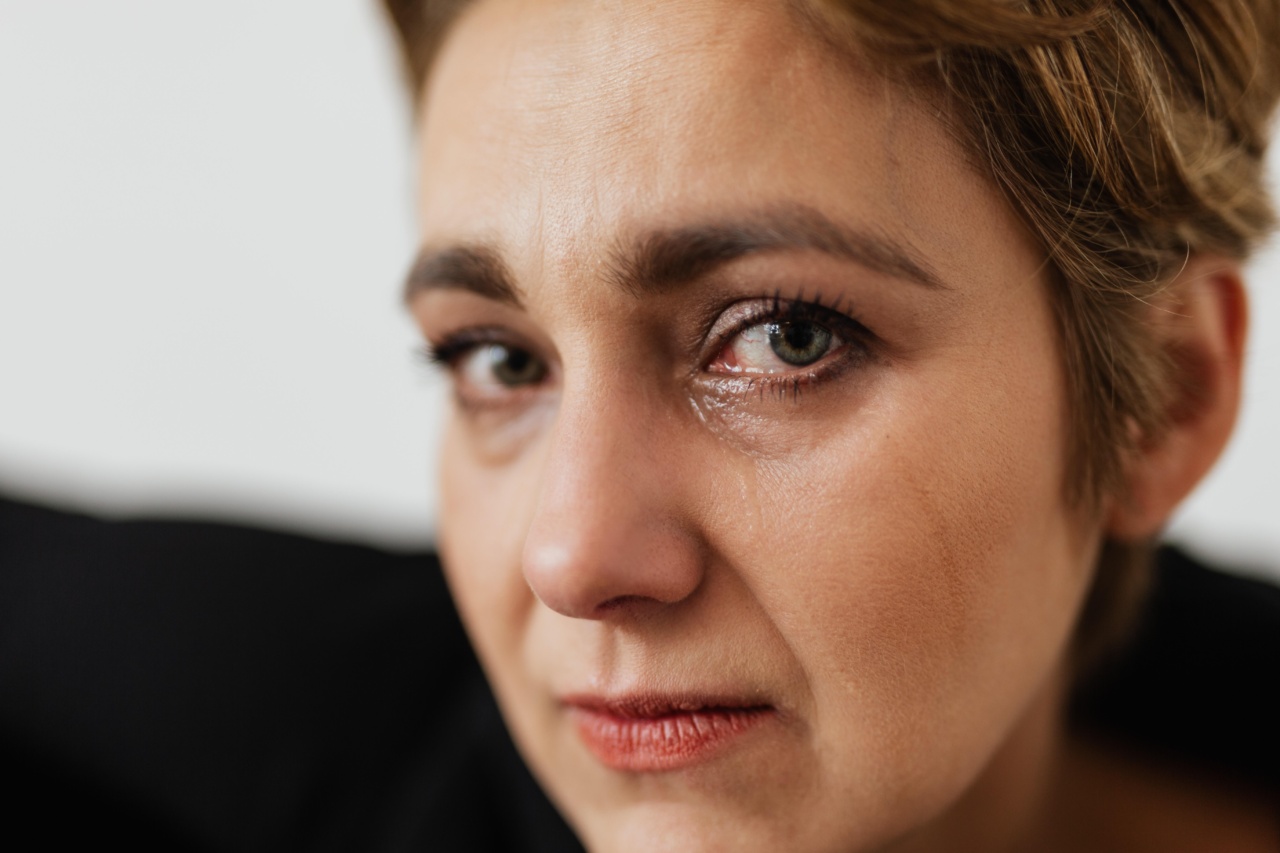Urticaria, commonly known as hives, is a skin condition characterized by the sudden appearance of itchy, red, and raised welts or bumps. This condition usually results from an allergic reaction or direct contact with an irritant.
A typical hive disappears within a few hours, but in some cases, the welts can linger for days, weeks, or even months. When hives last more than six weeks, doctors categorize the condition as chronic spontaneous urticaria (CSU).
What Causes Chronic Spontaneous Urticaria?
In most cases, the underlying cause of CSU is unknown. However, scientists believe that the condition results from the overproduction of histamine and other chemicals in the body known as mediators.
These mediators cause blood vessels to leak fluid into the dermis, resulting in the characteristic hives.
Who is Affected by CSU?
It is estimated that about 1% of the world’s population suffers from CSU, and the condition affects both children and adults. Women are more likely to develop CSU than men, and the peak age of onset is between 20 and 40 years.
CSU can occur in individuals who have no history of skin diseases, allergies, or autoimmune disorders.
Symptoms of Chronic Spontaneous Urticaria
The symptoms of CSU include the sudden appearance of itchy, red welts, which may be small or large and may merge to form a larger rash. The rash may appear on any part of the body, but its occurrence on the face, neck, and trunk is more common.
Other symptoms include a burning or stinging sensation, swelling, and fever. CSU is often associated with angioedema, a condition characterized by the swelling of deep layers of the skin.
Diagnosis of CSU
Diagnosing CSU requires a detailed medical history and physical examination. The doctor may order blood tests, skin biopsies, and allergy tests to rule out underlying conditions that may be responsible for the hives.
Treatment for CSU
There is currently no known cure for CSU, but medications can help control the symptoms. The first-line treatment is with second-generation H1-antihistamines such as loratadine, desloratadine, and cetirizine.
These drugs are effective in reducing itchiness and suppressing the symptoms of hives. If the symptoms are not relieved with first-line therapy, corticosteroids, immunosuppressive agents, or biologic drugs may be considered. However, these medications may have significant side effects, and their long-term use is not recommended.
Lifestyle Remedies
The following lifestyle remedies may help prevent or reduce the symptoms of CSU:.
- Avoiding potential triggers such as stress, extreme temperatures, pressure, or certain foods
- Paying close attention to skin hygiene and avoiding irritating soaps and lotions
- Wearing loose clothing that does not cause friction against the skin
- Using cool compresses or taking cool showers to relieve the itching and burning sensation
- Having a nutritious diet and getting regular exercise to boost immunity
- Managing stress levels through relaxation techniques such as meditation, yoga, or deep breathing exercises
Conclusion
Chronic spontaneous urticaria can significantly affect the quality of life of those who suffer from it, with the repeated occurrence of hives and itchiness. Although there is no known cure, treatment with antihistamines is typically effective.
Patients should also consider making lifestyle changes to avoid triggers and improve immunity. With proper treatment and care, individuals with CSU can lead healthy and fulfilling lives.































